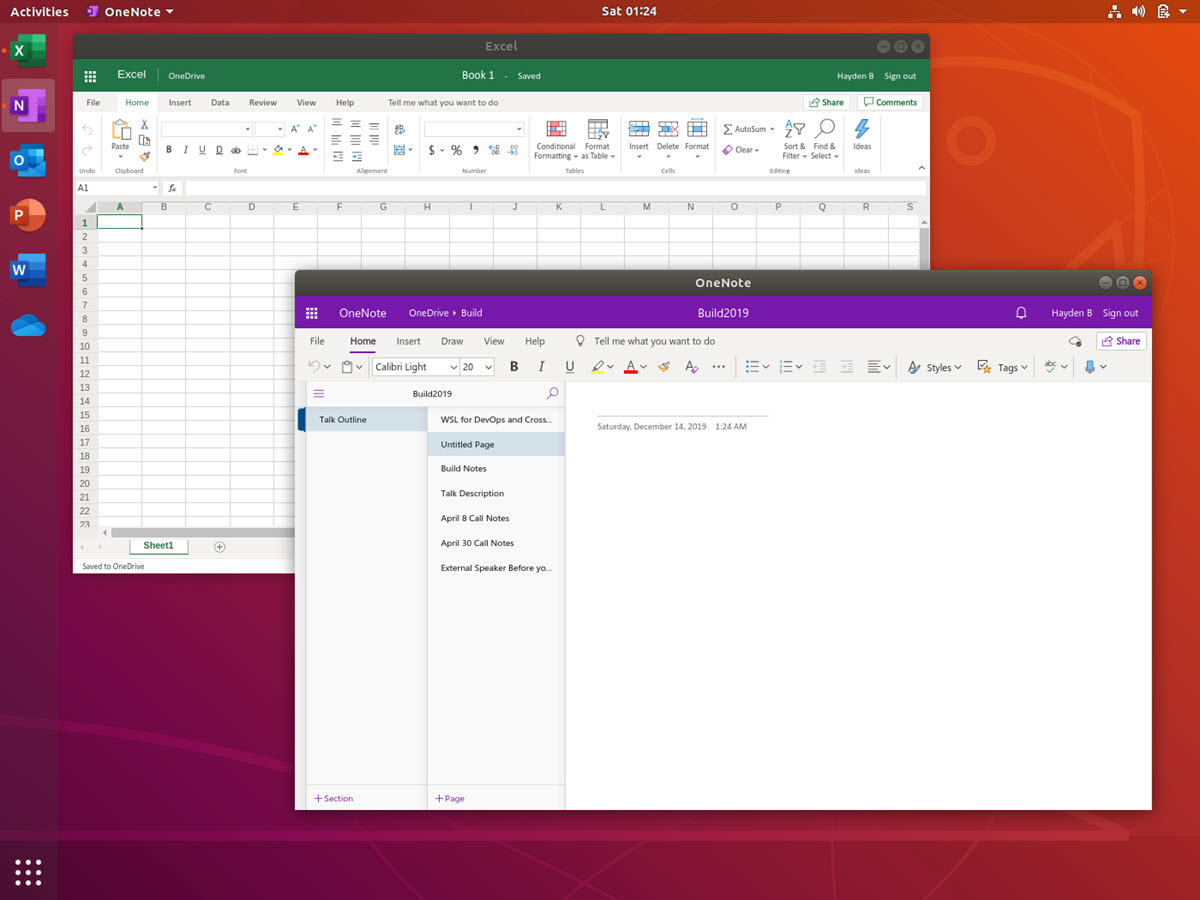

- #Django natice app wrapper install
- #Django natice app wrapper update
- #Django natice app wrapper Offline
Over the years, the specification has seen significant changes, and the API has taken somewhat of a backseat to newer, sexier communication protocols such as the WebSocket API. This serializer is then utilized to define the answers field in your QuestionSerializer class and to represent a nested relationship in the JSON where each question object contains an array of serialized answer objects.Īfter defining your serializers, open the djangular_trivia_api/trivia/views.I wouldn't be surprised if you've stumbled on this article wondering, "What the heck are Server-Sent Events (SSEs)?" Many people have never heard of them, and rightfully so. The AnswerSerializer will serialize the data from your Answer model and specify which model fields you want to provide in the JSON representation with the inner Meta class’s model and fields attributes. ModelSerializer sub-classes will validate incoming data according to the Django model field validators in the same way that a ModelForm allows you to create HTML forms with validations based on existing model field definitions.

If you are familiar with Django’s built-in form handling classes, DRF serializers work in much the same way.
#Django natice app wrapper install
Create a new directory on your file system to hold all of your project’s files beginning with a fresh Python virtual environment where you can install your Django project’s dependencies:ĭRF’s serializers.ModelSerializer class provides an interface for translating data from your Django models into serialized JSON that you can serve to your frontend client app.
#Django natice app wrapper Offline
They can also be used offline and conveniently opened directly from a user’s home screen. Native apps, however, offer access to device features such as cameras, microphones, and geolocation.
#Django natice app wrapper update
For both developers and users, this provides a more seamless process than going through a proprietary app store for the software release and update process, as well as the installation and download experience.

Web applications have many advantages over native apps: they are easily discovered via online search engines, can be shared by URL links, and have the ability to be deployed at will and visited almost instantly in any web browser. When properly implemented, PWAs provide both users and developers with the best of both worlds from these different platforms.

Progressive Web Applications (PWAs) are web apps that use a variety of design techniques and browser-based technologies to appear and behave like native mobile or desktop apps.


 0 kommentar(er)
0 kommentar(er)
